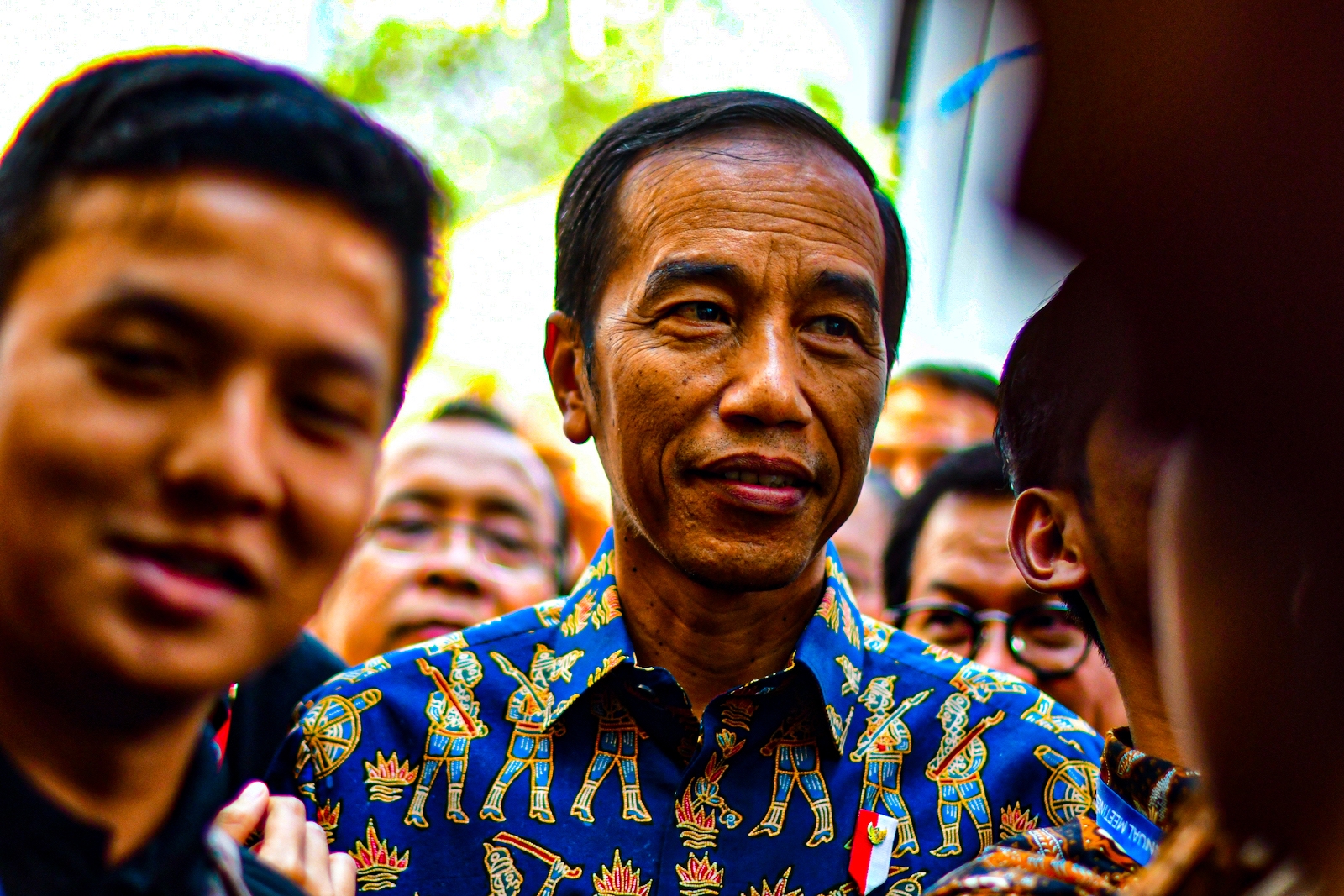
Science
As it Seeks to Become a Developed Country, Indonesia Needs to Embrace Science
The pandemic has put the interplay between science and diplomacy to the test. While international collaboration of research on COVID-19 yielded extraordinary results, challenges like vaccine politicization persist, provoking tensions and fragmented responses, including between developed and developing countries. In this context, vaccine diplomacy is perceived by many as a competition for geopolitical clout, rather than the global cooperation that benefits all. In 2020, as the world went into crisis mode, we experienced a profound disconnect between science and foreign policy.
With that in mind, it is time to think about the necessity of pushing science to the foreground of global policymaking.
Science diplomacy as a concept is a relatively novel idea for politicians, policymakers, or the public in Indonesia. But it has become an important part of deliberations abroad, particularly where science, innovation, and technology intersect more often with international relations. Scientists who take on diplomatic responsibilities to represent national interests to other countries, or diplomats who specialize in science, are the main actors in this type of diplomacy.
As for Indonesia, like many other developing countries, there is a pressing need to rethink and strengthen its science diplomacy considering rising global challenges such as infectious diseases, climate change, the proliferation of nuclear weapons, biodiversity damage, and malnutrition. All those challenges necessitate international collaboration that should be aided by more professionals in the area of science diplomacy. They are expected to not only understand the science-diplomacy nexus but also comprehend the importance of global solidarity to address existing problems.
Although science diplomacy has not been explicitly reflected in Indonesia’s strategic documents, the country’s foreign policy has a long history of pursuing practical and effective science diplomacy. The principle of science diplomacy has been implemented through the active participation of Indonesia in the International Atomic Energy Agency and the Comprehensive Nuclear-Test-Ban Treaty Organization. These two organizations are well-known for their goal of promoting collaboration between scientists and policymakers.
Since 2013, Indonesian scientists from the Nuclear Energy Research Organization (ORTN) at the National Research and Innovation Agency (BRIN) have been collaborating with the IAEA and the FAO to develop nuclear technology for agriculture. This collaboration resulted in the invention of new rice, soybean, sorghum, wheat, peanut, and banana varieties. As a result, in September of 2021, Indonesia received the FAO/IAEA Outstanding Achievement Award, demonstrating that the science-diplomacy nexus can be converted into concrete initiatives with direct societal impacts.
Another example is the collaboration of Indonesian scientists from the Meteorological, Climatological, and Geophysical Agency (BMKG) with CTBTO to utilize global alert systems to monitor nuclear testing. To date, six auxiliary seismic stations have been established in several locations across Indonesia. These stations are linked to the CTBTO headquarters in Vienna, and have proven to be beneficial in monitoring and verifying any signs of nuclear testing, as well as many other applications such as tsunami warnings.
Building connecting bridges between scientific and diplomatic communities is critical at this point. Universities can play important roles by introducing science diplomacy into the classroom. Likewise, Indonesia’s foreign ministry could better equip its diplomats with the necessary knowledge and skills in dealing with situations where science, innovation, and technology intersect with international relations more frequently.
It is also important to improve Indonesia’s involvement in science attaché networks. Scientists can bring high-level technical understanding and innovative problem-solving skills to diplomacy, allowing it to be more impactful and practical. Currently, there is only one science attaché serving in Vienna. Therefore, Indonesian scientists need to be assigned to embassies abroad.
These ideas are in line with BRIN’s goal of creating a strong ecosystem of research, innovation, and solid collaboration to optimize Indonesia’s potential to become a developed country. A robust science diplomacy strategy could serve as a catalyst for meaningful invention and innovation, as well as tools to strengthen Indonesia’s scientific contribution to global problem-solving through international collaboration.
All in all, given the disparities in values, skill sets, and career pathways between scientific and diplomatic communities, it is important to recognize that there is no one-size-fits-all solution for bringing science closer to the foreground of foreign policy. Thus, any opportunities must be seized. If successful, this approach will reaffirm Indonesia’s determination to achieve impactful diplomacy that benefits all Indonesians while also allowing the country to play its part in creating adaptable and resilient systems that will help prevent future global challenges.

